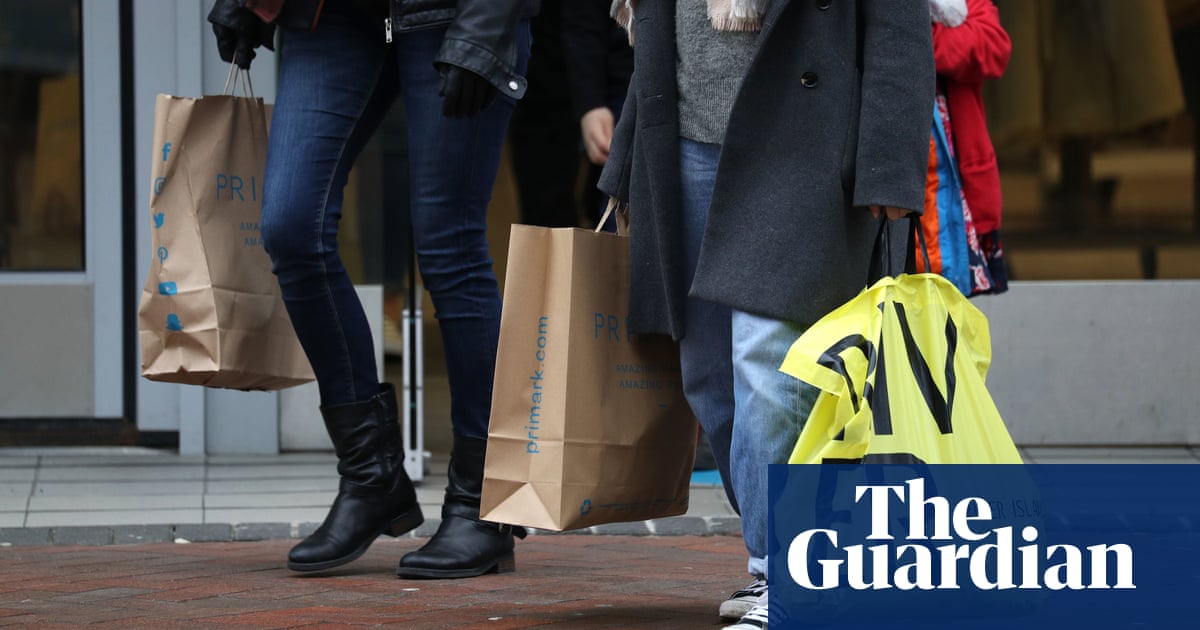
Covid-19 testing capacity in the UK is to be more than doubled, with major new laboratories to open early next year in a sign the government is planning for the pandemic to persist despite hopes for a number of vaccine candidates.
The facilities, one in Leamington Spa and the other in an unidentified location in Scotland, will employ up to 4,000 people and increase the number of PCR tests – the gold-standard swab tests already used across the UK – that can be processed daily by 600,000, from 520,000 today.
The government said the “mega-laboratories” would speed up test processing, while the health secretary, Matt Hancock, said they would be useful in “future-proofing our national infrastructure to respond to future epidemics”.
The labs are due to be up and running in the first months of next year, the Department of Health and Social Care (DHSC) said last night. There was no detail on costs or who will manage them.
On Sunday, a leading scientist behind the BioNTech/Pfizer vaccine candidate, which has cleared interim clinical trials and shown 90% effectiveness in stopping people from falling ill, said he was “very confident” it would also reduce transmission of coronavirus by “maybe 50%”.
Prof Uğur Şahin, chief executive of BioNTech, told the BBC his aim was for normality to return next winter, with the vaccine programme rolled out throughout 2021.
His comments and the construction of the new laboratories reinforce warnings that the end of the pandemic remains many months away. However, on Sunday, the head of the Office for National Statistics, Prof Sir Ian Diamond, confirmed a “slowdown in the rate of growth” in cases in the country, however.
With two weeks of England-wide lockdown restrictions still to come, Prof Susan Michie, a member of Sage, said at the weekend that the public must resist breaking the rules in order to be in a position to see family at Christmas. Prof John Edmunds, another Sage member, added: “We need to take a long-term view and be sensible and realise that we’re going to have to have restrictions in place for some time.”
As well as the BioNTech/Pfizer vaccine, some doses of which could be ready for rollout by Christmas as long as results and approval go as hoped, more than 170 other vaccine candidates are in development, 11 of which are in phase 3 efficacy trials.
Results from the University of Oxford/AstraZeneca vaccine candidate are expected within weeks, and there are also high hopes for a candidate from the US company Moderna.
If the new labs are not needed for Covid testing they will be used to boost capacity to improve testing for illnesses including cancer, cardiovascular and metabolic diseases, the DHSC said.
The UK already has five Lighthouse laboratories in Milton Keynes, Alderley Park, Glasgow, Cambridge and Newport with others being set up in Charnwood, Newcastle, Brants Bridge and Plymouth.
Meanwhile, the Labour leader, Keir Starmer, has written to Boris Johnson requesting a national action plan for the vaccine rollout, which he predicted could be the Britain’s largest logistical operation since the second world war. The government has already ordered 40m doses of the BioNTech/Pfizer vaccine – enough for 20 million people to receive the required double dose.
Starmer said town halls and sport centres may need to be turned into local vaccine clinics. He also wants to see criteria for eligibility for the vaccine and a guarantee of “equitable access … no matter where you live”.
The new laboratories will process tests carried out at hundreds of testing sites up and down the country and at home. On Sunday, it emerged that a test site run by G4S at Postwick, near Norwich, has been shut down after four staff tested positive for the virus.
“The site will be deep-cleaned as per Public Health England guidelines and reopened as soon as possible,” a spokesperson for G4S said.
Dido Harding, the chief executive of NHS test and trace, said the new laboratories were needed to match an increasing number of test sites where people go for swab tests. About 300,000 PCR tests are being processed daily – double the number in August and 10 times the number in late April.
The new labs are separate from the “Operation Moonshot” rapid testing programme, which gives results in less than an hour using different technology and is being trialled in Liverpool, Stoke-on-Trent and, from Monday, with visitors to around 20 care homes in Hampshire, Cornwall and Devon.
“The addition of these new labs will mean another step up in our testing capacity next year,” Harding said. “Not only will that mean more tests, but it will also mean they can be processed more quickly, and the time it takes to receive results is reduced.”
The health minister Lord Bethell, who is overseeing testing, said of the new laboratories: “This work is absolutely crucial to tackling Covid-19 and enabling the return of more normality to our lives.”












